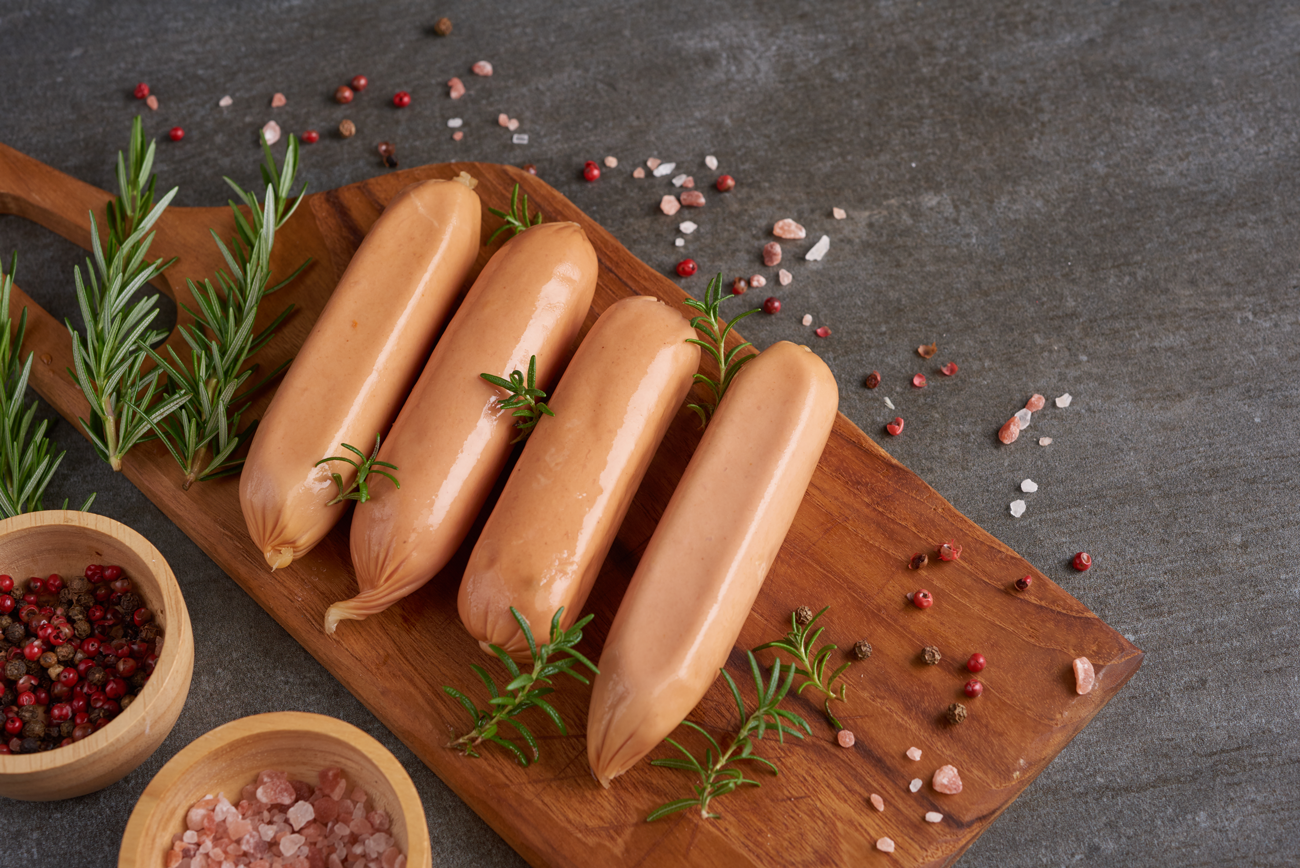About Sheep Casings
Sheep casings are a natural and versatile material used in the production of sausages. Made from the intestines of sheep, these casings provide an ideal solution for producing high-quality sausages with a delicate texture and natural bite. They are favoured in the food industry for their ability to hold up well during the cooking process while adding to the flavour and presentation of the final product.
Quality Grades: A, A/B, B/C
Beef casings are available in different quality grades to suit various sausage-making needs. These grades are based on the thickness, strength, and overall condition of the casing:
Grade A: These are premium quality casings that are uniform in size, strong, and have minimal imperfections. They are ideal for high-end sausage production where appearance and durability are essential.
Grade A/B: Casings in this grade are still of excellent quality but may have slight variations in thickness or minor imperfections. They are suitable for most sausage types and offer great value while maintaining durability.
Grade B/C: These casings have more noticeable variations and imperfections but are still strong and reliable for use in sausage making. They are commonly used for bulk production or sausages where uniformity is less critical.
Calibre
The calibre of sheep casings refers to the diameter of the casing, which can vary based on the specific type of sausage being made. Typical calibres for sheep casings range from 18mm to 30mm, allowing sausage makers to produce different sizes and styles of sausages. This flexibility makes sheep casings perfect for a wide variety of sausage products, from small breakfast sausages to larger dinner links.
Caliber
Capacity Before Cooking
Product Examples
16-18mm
15-16kg
Frankfurters, Beer Stix
18-20mm
17-18kg
Fresh Pork Sausages, Frankfurters
20-22mm
21-23kg
Fresh Pork Sausages, Frankfurters, Cabanosa
22-24mm
25-27kg
Frankfurters, Cabanosa, Chipolata
24-26mm
27-29kg
Frankfurters, Bockwurst, Cabanosa
26-28mm
29-31kg
Frankfurters, Bockwurst, Cabanosa
28mm/up
31-34kg
Frankfurters, Landjaeger
Meters
Sheep casings are typically sold by the hank, which is around 90 meters in length. Depending on the calibre, one hank of sheep casings can produce between 40 to 100 kilograms of sausages. The length per hank ensures that sausage manufacturers can work efficiently, providing plenty of material for bulk production without compromising quality.
The Process of Making Sheep Casings
The process of producing sheep casings begins with careful selection and cleaning. Once the intestines are harvested, they are thoroughly cleaned and rinsed to remove any impurities. Afterward, the casings are sorted by size and calibre, then salted for preservation. This traditional method ensures the casings remain safe and durable for extended periods, while retaining the natural qualities that make them ideal for sausage production. Before use, they are soaked in water to rehydrate and become pliable, ready to be filled with sausage meat.
Frequently Asked Questions
Sheep casings are primarily used in the production of sausages, particularly for creating smaller, more delicate sausages with a fine texture.
Sheep casings should be stored in a cool, dry place and kept in salt to preserve them. Once opened, they should be refrigerated and can last for several months.
A hank of sheep casings is approximately 90 meters in length, depending on the calibre.
Yes, sheep casings are completely safe for consumption and are a natural, traditional choice for sausage making.
To prepare sheep casings, soak them in warm water for 30 minutes to rehydrate them and ensure they are flexible and easy to work with during sausage filling.

